Award winning TV, Radio and Digital producer Mary Colwell discusses her inspirations, what she is proud of, environmental issues and her hopes for the future.
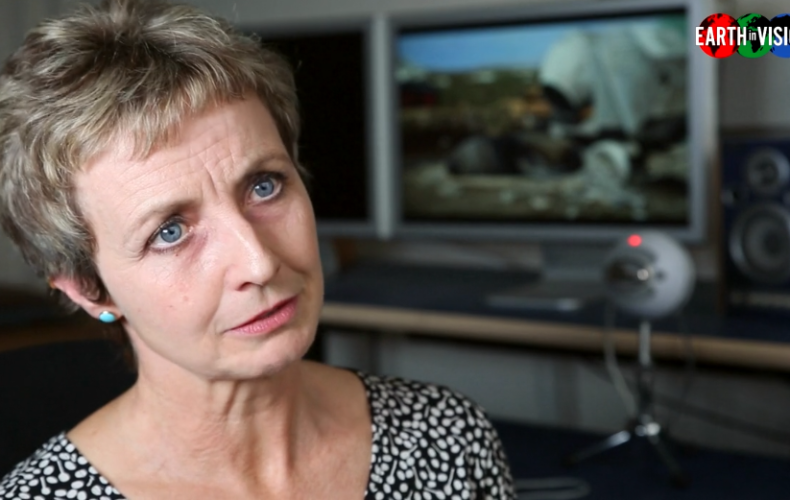

Award winning TV, Radio and Digital producer Mary Colwell discusses her inspirations, what she is proud of, environmental issues and her hopes for the future.
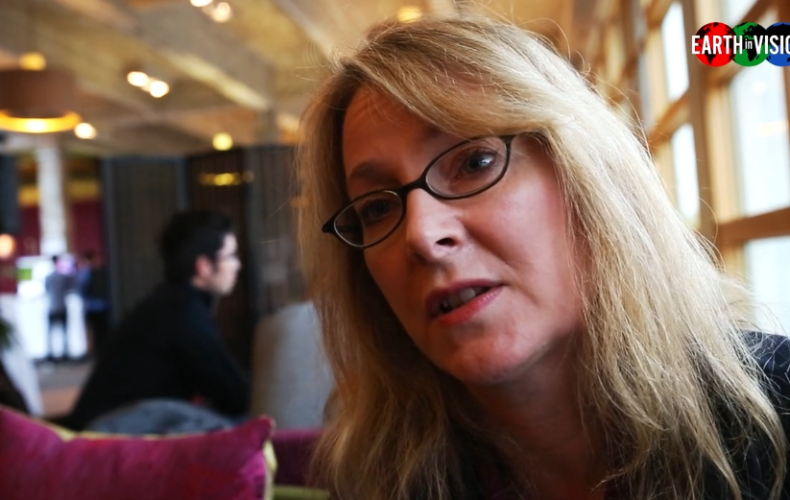
Lisa Sargood, award-winning former Science and Nature Commissioner at the BBC, introduces to the debate around natural history broadcasting the question of how digital technologies, social media platforms and the overall infrastructure of information will be critical to the future of environmental programming.
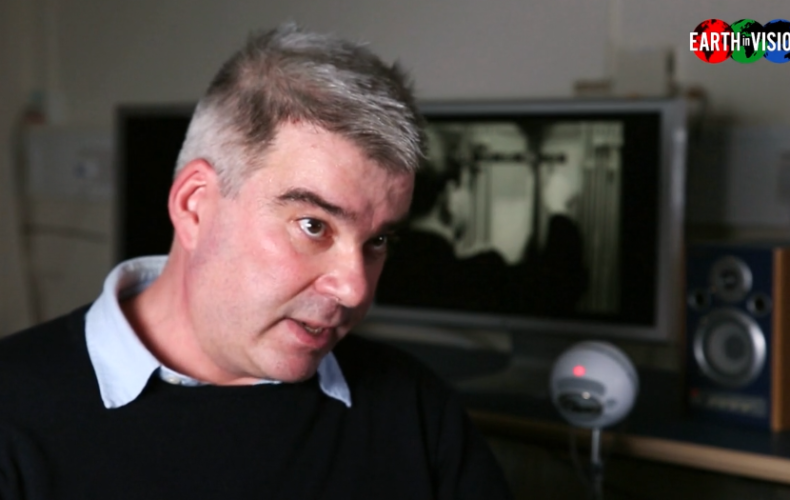
Lawrence Breen, award-winning Archive Researcher, shares his insights on the technical and creative issues surrounding the use of archive for natural history and environmental broadcasting.
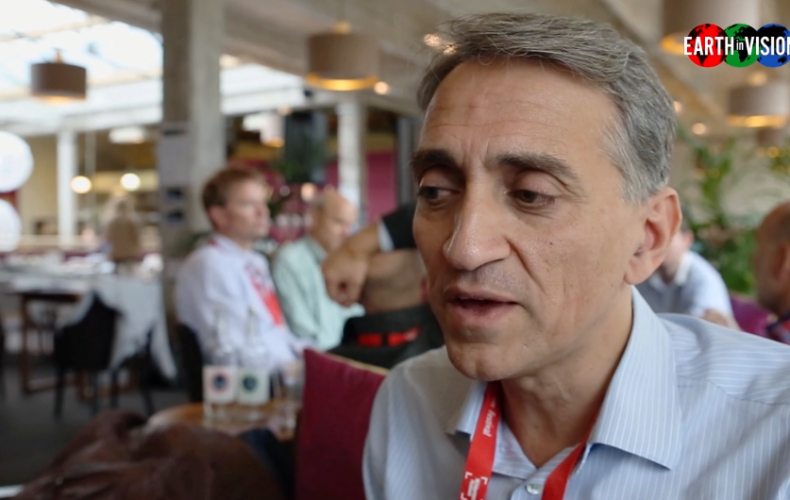
Krishan Arora, consultant producer and former BBC commissioner, discusses the issues around commissioning environmental programmes in both the UK and abroad – including the once-upon-a-time industry reluctance to use the word “environment” – and outlines the ethical issues surrounding making archives open to the public.

HARRY MARSHALL
Harry Marshall, Creative Director at Icon Films, discusses the ethics of opening up private and public archives, as well as the conservation of king cobras, environmental filmmakers around the world, and the box office success of River Monsters. .

Jack Perks, underwater cameraman and fish aficionado, describes what it is like starting out as a young natural history filmmaker, exploring wildlife in Britain, and the role of social media in connecting with new audiences.
James Honeyborne, producer and director of award-winning wildlife TV documentaries for BBC, Discovery Channel and National Geographic discusses environmental issues, the Africa series and the upcoming Oceans series.
Julian Hector, Head of the BBC Natural History Unit and former seabird biologist, discusses commissioning programmes, the difference between radio and television and the relationship between broadcast and digital.
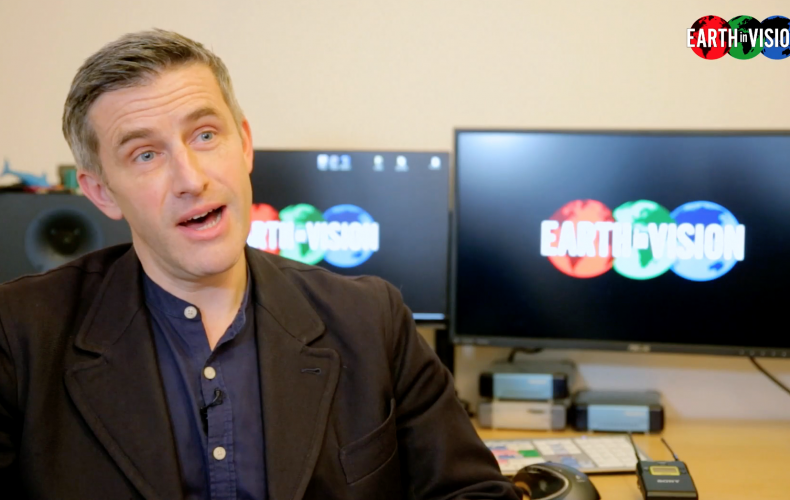
JOE SMITH EIV
Joe Smith, Director, Royal Geographical Society with IBG, and formerly Professor of Environment and Society, and Head of Geography at The Open University, introduces Earth in Vision and explains why it is so valuable.